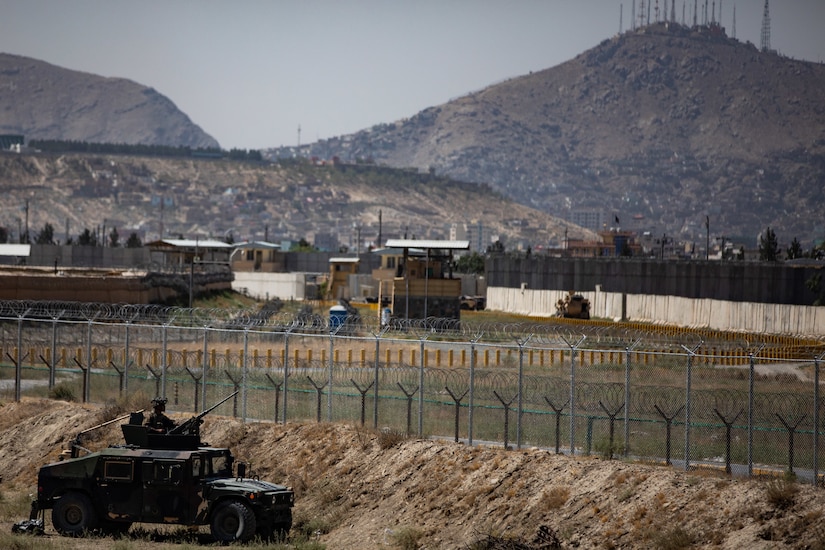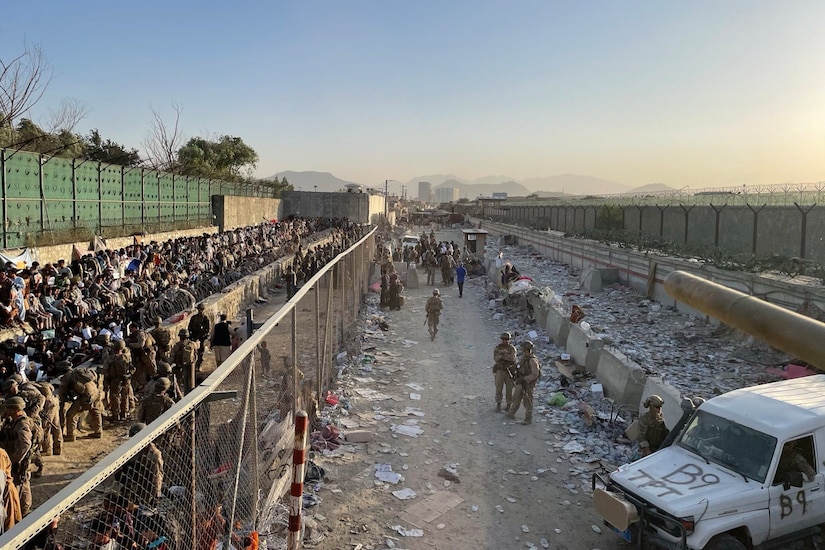
Trump’s decision to cut funding for Afghan resettlement programs leaves thousands vulnerable, raising concerns over U.S. credibility, future alliances, and the safety of women in Afghanitsan.
U.S. President Donald Trump has reduced funding for programs that support the relocation and resettlement of Afghan allies in the United States, leaving thousands of lives in uncertainty. The move affects Afghans who risked their safety by working alongside American forces during the war with the Taliban.
According to U.S. media reports, the budgets for “Operation Enduring Freedom” and Temporary Protected Status will expire in September. These programs were originally created to provide protection for Afghans who had assisted U.S. missions and were vulnerable to Taliban retaliation.
The decision has sparked criticism in Washington. Congressman Scott Peters warned that cutting the funds sends the “wrong message” to future partners and undermines America’s reputation as a reliable ally. He stressed that those who showed the courage to stand against the Taliban are the very people the U.S. should protect.
Civil society groups have voiced similar concerns. Shawn VanDiver, head of the San Diego–based AfghanEvac initiative, cautioned that thousands of Afghans will face severe risks if funding ends, leaving them exposed to Taliban revenge.
Statistics from Congress highlight the urgency of the issue. Nearly 60,000 Afghans inside Afghanistan are still awaiting asylum case reviews, while more than 170,000 remain in the queue for Special Immigrant Visas (SIVs).
Immigration lawyers have also raised alarms over the situation of women and girls. They warn that a return to Taliban rule could strip them of education, employment, and basic freedoms, describing the prospect as “deeply frightening.”
The cuts, critics argue, not only endanger Afghan allies but also threaten to erode U.S. moral authority and credibility worldwide. Without renewed commitments, thousands who once stood with American forces may be left to face an uncertain and dangerous future.
 Afghanistan Peace Campaign
Afghanistan Peace Campaign



